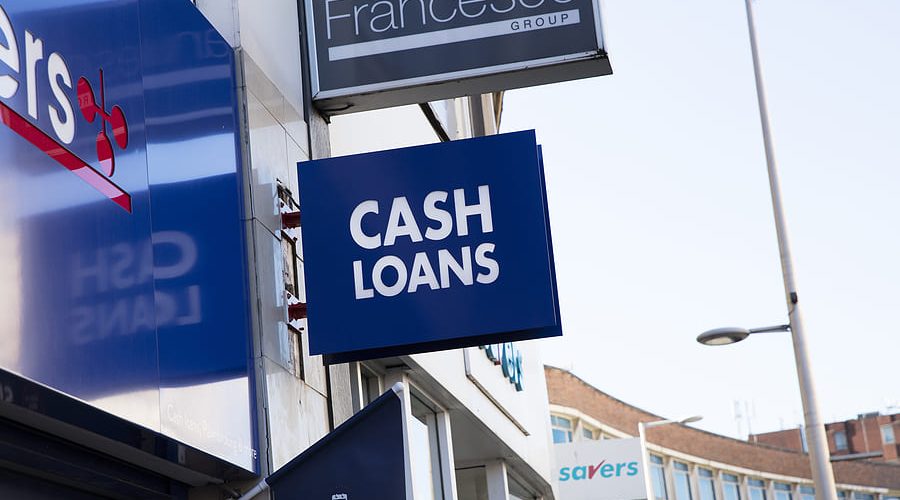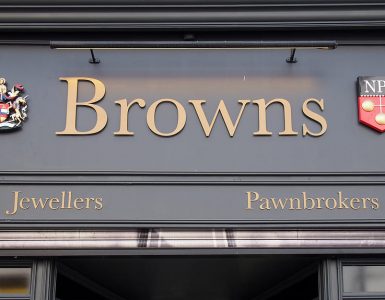Pawnbrokers are an interesting bunch. They’re just like bankers and loan officers, except you don’t go to them for economic advice. Pawnbroker loans are one of the oldest forms of consumer credit available in America—and they’re still growing in popularity today. In fact, pawn shops have become such an integral part of our culture that there’s even a reality TV show about them! But what exactly goes on in these strange little shops? How do people who have no expertise in valuing goods determine how much money they’ll lend?
When assessing the value of an item, pawnbrokers take into account a number of factors such as the item’s condition, age, rarity, and market demand. They may also consider the brand, materials used, and any relevant historical or cultural significance. To determine an item’s value, pawnbrokers may rely on a combination of their own expertise, industry knowledge, and reference materials such as price guides and online databases. Some pawnbrokers may also use specialised equipment such as scales or testing kits to help them evaluate items such as jewellery or precious metals. Ultimately, the value assigned by a pawnbroker is based on their professional judgement and the specific details of each individual item.
A pawnbroker is a person who lends money in exchange for personal property.
A pawnbroker is a person who lends money in exchange for personal property. They are not a bank, and they are not a charity. A pawnbroker assesses the value of your item by examining its condition, age, rarity or collectability, and market trends.
Melbourne Pawnbrokers will lend money on almost any item as long as it’s worth more than what you’re asking for it when you bring it into the shop–but if he can’t resell it at least double his investment (the price he paid), then there’s no point in taking on the risk of loaning you money on something that may not be worth what he paid for it later down the line.
The pawnshop is where you go to get a loan using your valuables as collateral.
A pawnbroker is a person who lends money in exchange for personal property. The items used as collateral are kept at the shop until they are paid back, or until they are sold if the borrower doesn’t pay up.
Pawnshops are typically located in poorer areas of town, but some can be found in more affluent neighbourhoods as well. They’re often open during business hours, but some stay open 24 hours a day so customers can drop by whenever they have time. Pawn shops will take anything that can be used as collateral; this includes jewellery, electronics and musical instruments (to name just a few).
If you have something valuable that you need to borrow money on, go to a pawn shop.
If you have something valuable that you need to borrow money on, go to a pawn shop. Pawnbrokers are not banks and they do not offer loans. Instead, they buy items from customers in exchange for cash. They then hold the item until it is redeemed by its owner or until their contract with the seller expires (usually 90 days).
Pawnbrokers assess value based on current market conditions and how much money they can get for selling your item at auction or through private sales–not based on its intrinsic worth alone as with other types of lenders such as banks or credit unions.
So, if you have something valuable that you need to borrow money on, go to a pawn shop. They’ll assess the value of your item and give you an estimate of what they can loan against it. If there is no resale value for the item in question, then it may be better off selling it through another method–like eBay or Craigslist.
The first step in evaluating an item is to identify what it is and whether it’s unique or common.
When assessing the value of an item, first identify what it is. This can be done by looking at the item itself and its packaging, or by asking questions about how long you’ve had it and where you got it from.
Next, find out if your item is unique or common. This will help determine its worth in comparison to other similar items that may be sold online or at pawn shops across town. If your item is rarer than others like it, then there’s a good chance it’ll sell for more money on its own merits alone–the rarity factor alone will make up for any difference in price between yours and another similar object with less demand behind it (for example: someone selling their old car versus another person who needs money fast).
If an item has actual resale value, the pawnbroker will take it on consignment to sell or auction it off.
If an item has actual resale value, the pawnbroker will take it on consignment to sell or auction it off. In this case, the pawnbroker receives a percentage of the sale price.
If you have an item that’s hard to sell but still valuable in some way (say, your grandfather’s old watch), the pawnbroker might be able to arrange a loan for you based on that piece alone.
Alternatively, if your item doesn’t have actual resale value but is still worth something in terms of money (your grandmother’s china set), then they may buy your entire collection outright and give you cash upfront–or arrange for another buyer who wants those items specifically for their own collections and pay more than what was offered at face value by asking too many questions about why someone would need so much cash all at once without any plans for spending it immediately after receiving payment from them instead!
Pawnbrokers don’t usually have the expertise to assess the value of an item.
Pawnbrokers usually don’t have the expertise to assess the value of an item. They can’t tell you if it’s a genuine antique or not, so they’ll often have to ask for help from experts in the field.
In most cases, pawnbrokers will rely on local auction houses or antique dealers to value items that are difficult to appraise on their own.





Add comment